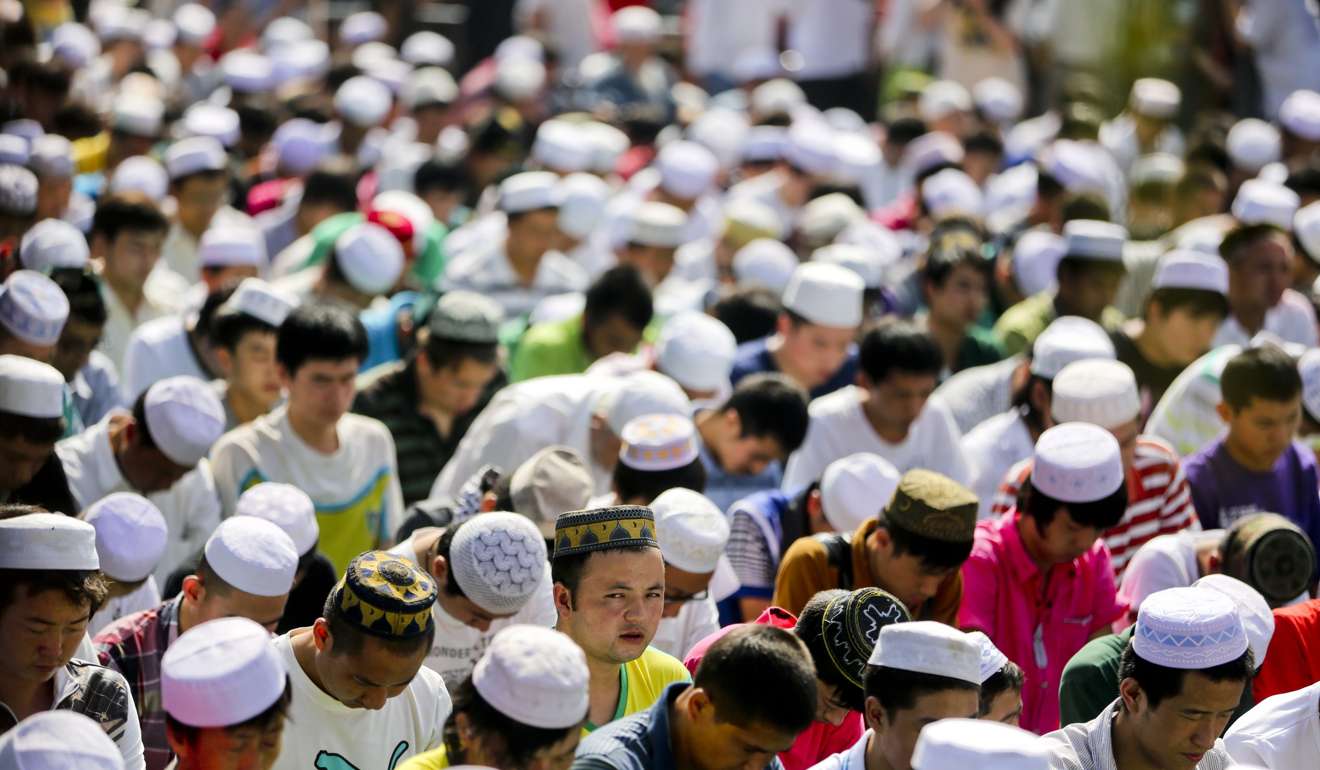
Communist Party boss of China’s Muslim region points to Trump ban in battle vs religious extremism
The Communist Party boss of one of China’s major Muslim regions has cited US President Donald Trump’s immigration policies in stressing the need to combat religious extremism.
Li Jianhua, the party secretary of Ningxia, said on Tuesday that some radicals had turned religious belief, such as Islam, into extremists ideology, causing instability in the world.
Last month, a video purportedly issued by Islamic State showed Uygur-speaking fighters vowing to launch attacks in Xinjiang and “shed blood like rivers”.
“The jihad, violence and terror demanded by the extremists has resulted in Trump’s Muslim ban,” Li told reporters on the sidelines of the National People’s Congress session in Beijing.
“No matter what the purpose of this order is, he intended to prevent extremism from infiltrating into the US mainland.”

Northwestern Ningxia is home to 2.4 million members of the Hui ethnic minority, a Chinese-speaking Muslim group, accounting for just over a third of the region’s total population, with Han Chinese the majority.
Li said China was promoting the Sinicization of religions that originated overseas in a “tolerant and inclusive” manner.
The nation should extract elements from the Koran that were compatible with Chinese culture, such as peace and harmony, he said.
Li said that in China “freedom of religion does not equal extremism”.
Guo Chengzhen, vice-chairman of the China Islam Association, told reporters Trump’s travel ban reflected the rise of populism globally.
“It is against the stability and unity of the international community,” Guo said. “Our country has always stood for the equality of all religions and ethnicities.”
Additional reporting by Jun Mai


